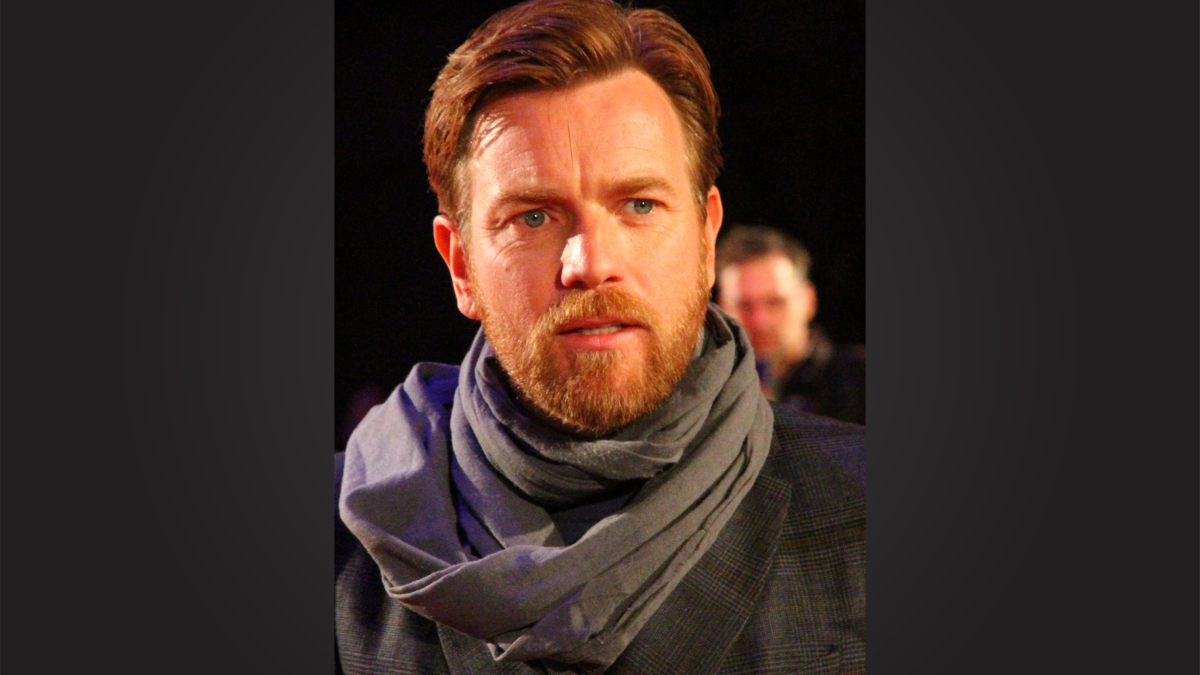I’m starting a new series of short-form posts called “RE:” that weigh in on a topic in 300 words or less, based on the principle that it’s better to blog something than nothing at all. Enjoy this first entry!
Here’s something I’ve been thinking about.
I’ve been listening to Brandon Sanderson and Dan Wells’ talk-about-anything podcast, Intentionally Blank (2021–), and I think I’m starting to build a relationship with these guys. A one-sided relationship, of course, but in some ways it’s similar to a real one. I’m excited to hear their takes on the latest media, and I recognize the names of their college friends they’ve mentioned on the show. I have a decent idea of Brandon’s daily schedule and what kind of books Dan might appreciate as a gift.
Media scholars and psychologists have a term for this—“parasocial relationships”, which were the topic of a literature review I wrote back when I was a psychology major. Emotionally, these “relationships” with celebrities or fictional characters share some features of “normal” social relationships, like loyalty, comfort, and even “breakup” (like that feeling of finishing the last book in a series).
New mass communication technologies during my lifetime alone have made it easier than ever to become a public figure or influencer and build parasocial relationships with one’s audience. Though I’m not convinced that this is a new phenomenon; buying mass-produced 役者絵 (yakusha-e) prints of your favorite actors was all the rage in 1800s Japan. But who knows? Advertising has already left the social sphere and entered the parasocial, mass-media sphere. Maybe next century, we’ll all be getting educated by the Green brothers, and parasocial teaching relationships will replace social ones.
Are parasocial relationships harmful, or are they just a part of living in the digital age? What famous “friends” do you have? Let me know in the comments!

